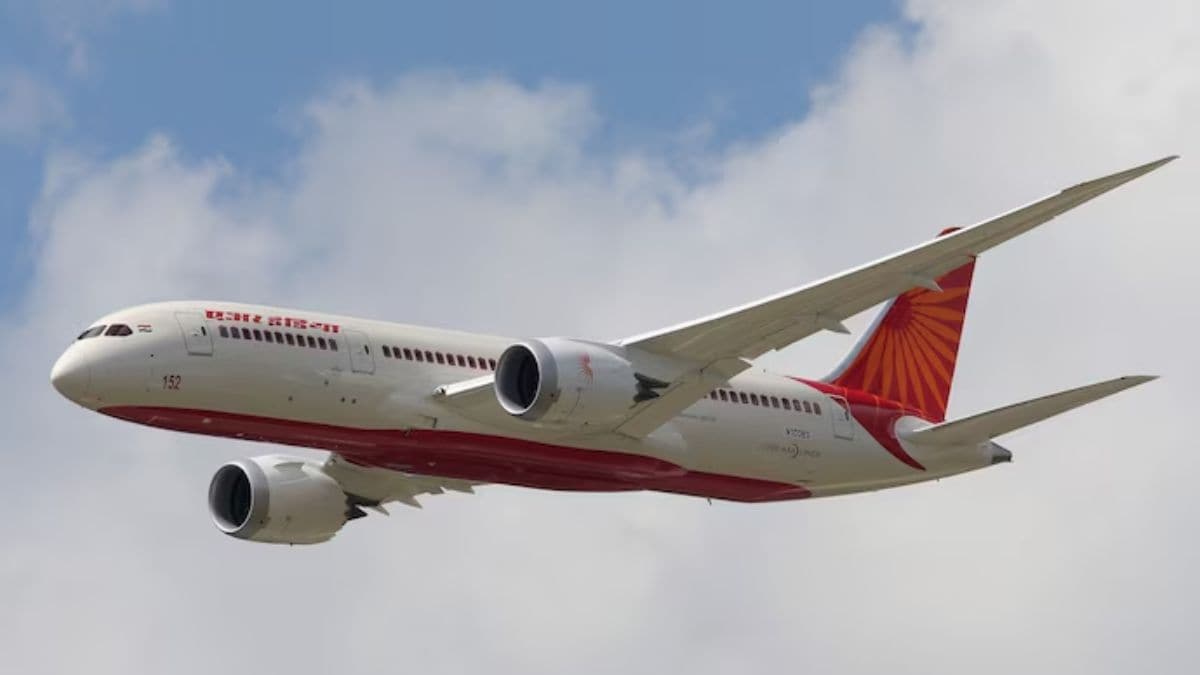

Air India is set to reduce its international flights by approximately 15% on wide-body aircraft, effective immediately and lasting until at least mid-July. This decision arises from a combination of factors, including recent operational disruptions, enhanced safety inspections mandated by the DGCA (Directorate General of Civil Aviation) following a fatal plane crash on June 12 in Ahmedabad, and ongoing geopolitical tensions in the Middle East. Night curfews imposed on airspaces across several countries in Europe and East Asia have also contributed to increased flight times and reduced aircraft availability.
The airline operated 462 flights on its wide-body fleet between June 2 and 17, but had to cancel 83 flights during that period. The routes affected by these service reductions encompass a significant portion of Air India's international network, connecting major Indian hubs such as Delhi, Amritsar and Goa with destinations in North America, Europe, Australia and the Far East. Specific routes experiencing reduced flight frequencies include Delhi-London Heathrow, Bengaluru-London Heathrow, Delhi-Birmingham, Delhi-Paris, Delhi-Milan, Delhi-Copenhagen, Delhi-Vienna, Delhi-Amsterdam, Delhi-Melbourne, Delhi-Sydney, Delhi-Tokyo Haneda and Delhi-Seoul (Incheon). Furthermore, services on Delhi-Nairobi, Amritsar-London (Gatwick) and Goa (Mopa)-London (Gatwick) will be temporarily suspended until July 15.
Air India has stated that it is proactively contacting affected passengers to offer re-accommodation on alternative flights, complimentary rescheduling, or full refunds, depending on their preference. The airline aims to stabilize operations, improve efficiency, and minimize inconvenience to passengers. The reduction in services will also free up reserve aircraft, enabling the airline to better manage any unforeseen disruptions.
In other news, Iranian Foreign Minister Abbas Araghchi is scheduled to meet with his counterparts from Germany, France, and the United Kingdom, along with the European Union's foreign policy chief Kaja Kallas, in Geneva on Friday. These high-stakes talks aim to de-escalate the rapidly worsening conflict between Israel and Iran. The meeting marks a pivotal diplomatic maneuver amidst fears of regional conflagration.
The EU has maintained that diplomacy is the only viable path to ensure Iran does not acquire nuclear weapons capabilities. Iran's Araghchi confirmed the meeting in a statement carried by the IRNA news agency, stating, “We will meet with the European delegation in Geneva on Friday.”
The talks come as U.S. President Donald Trump considers whether to join Israel's expanding military strikes against Iran's nuclear infrastructure. French Foreign Minister Jean-Noel Barrot emphasized Iran's stated openness to resume direct talks, including with the United States, provided a ceasefire is first established. British Foreign Secretary David Lammy held talks with U.S. Secretary of State Marco Rubio in Washington to coordinate positions ahead of the Geneva meeting.